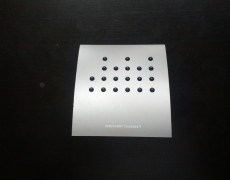
The Benefits of Good Design
More often than not, you’ll notice a bad design before you notice a good one.

More often than not, you’ll notice a bad design before you notice a good one.

“Innumerable confusions and a profound feeling of despair invariably emerge in periods of great technological and cultural transitions. Our ‘Age of Anxiety’ is, in great part, the result of trying to do today’s job with yesterday’s tools — with yesterday’s concepts.” “Today’s child is…

When I advise others who are considering switching to Linux, I speak mostly to the immediate benefits of using the stack: increased security, all of your software gets updated in one place, decreased boot times, and so forth. Yet, the…

Near Field Communication tags have been around for some time. As NFC chips become more common in portable devices such as cell phones, tag prices drop, and storage becomes more capacious, the use of such tags becomes practical.
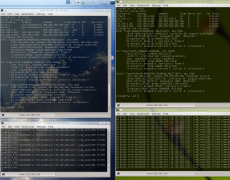
In the last tutorial I explained how to set up an ad-hoc mesh network on the Raspberry Pi. That was pretty neat, but not as useful as one might hope because each of the individual nodes did not have internet…

To the painting’s self-justifying presence corresponds the self-sufficiency of our experience to it. Paintings are not useful in any obvious sense; they are not good for anything. But just their uselessness endows them with an appeal denied to anything that answers toward…

I saw this talk by Wilson Miner and I had to share it. It speaks to the different ways in which the tools we make influence our world. This relationship becomes even more prominent in the digital era, where tools,…
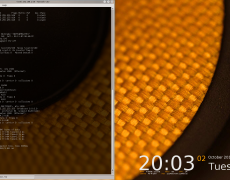
In my previous post I outlined how to get wireless networking working on the Pi’s. While no amazing feat, it was an important test to see how well the drivers functioned for the wifi dongle. Now let’s take the next…
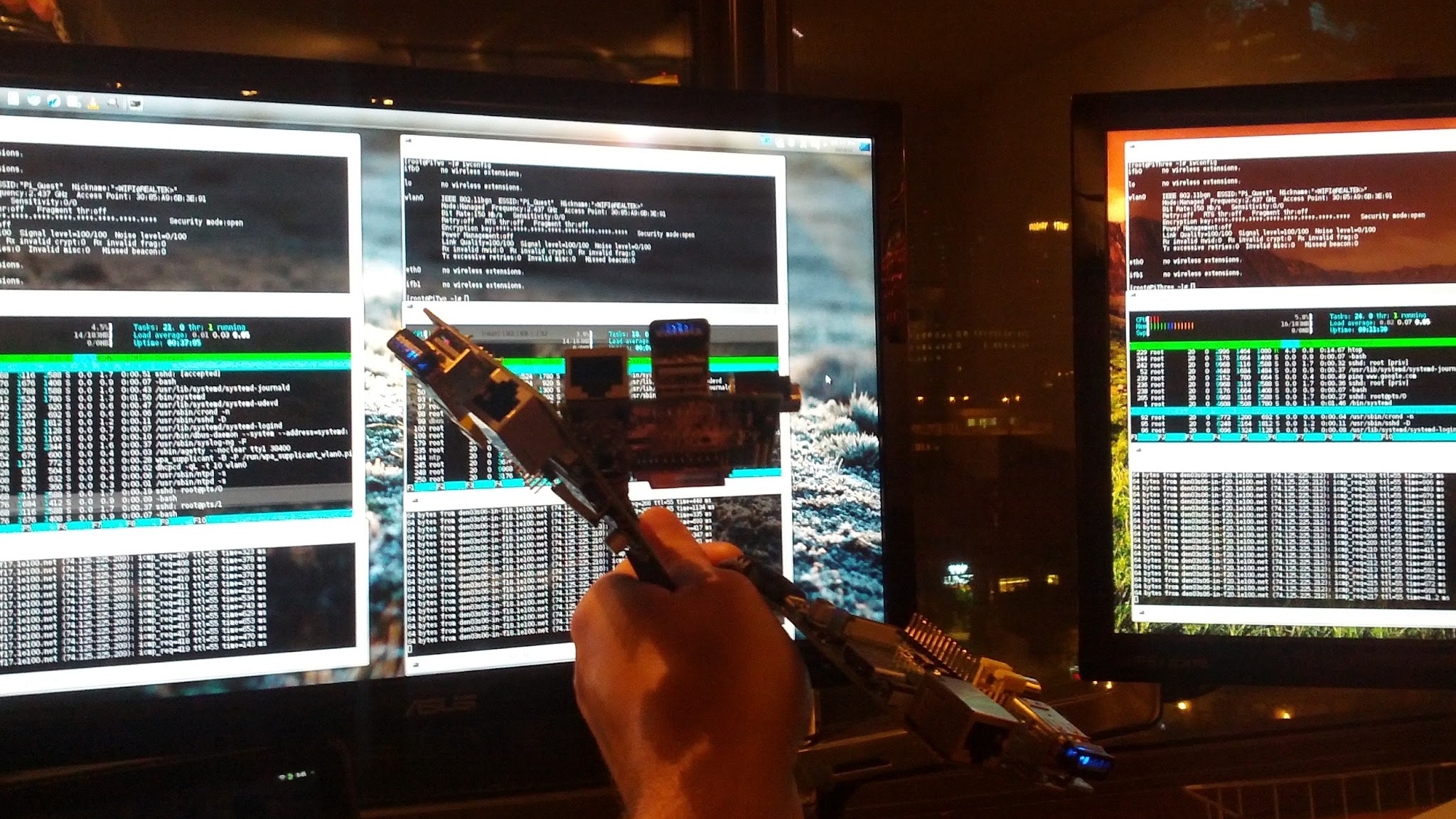
Last time I covered how to get a basic operating system up and running on the Pi. Since then, the Arch image has changed once again, and the move the systemd has become more pronounced.
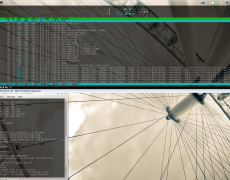
The Raspberry Pi has become the darling child of computer hobbyists everywhere. With prices ranging from $20-35, it’s hard to resist purchasing one and taking it for a spin. Designed as a teaching aid for Computer Science courses, this computer…